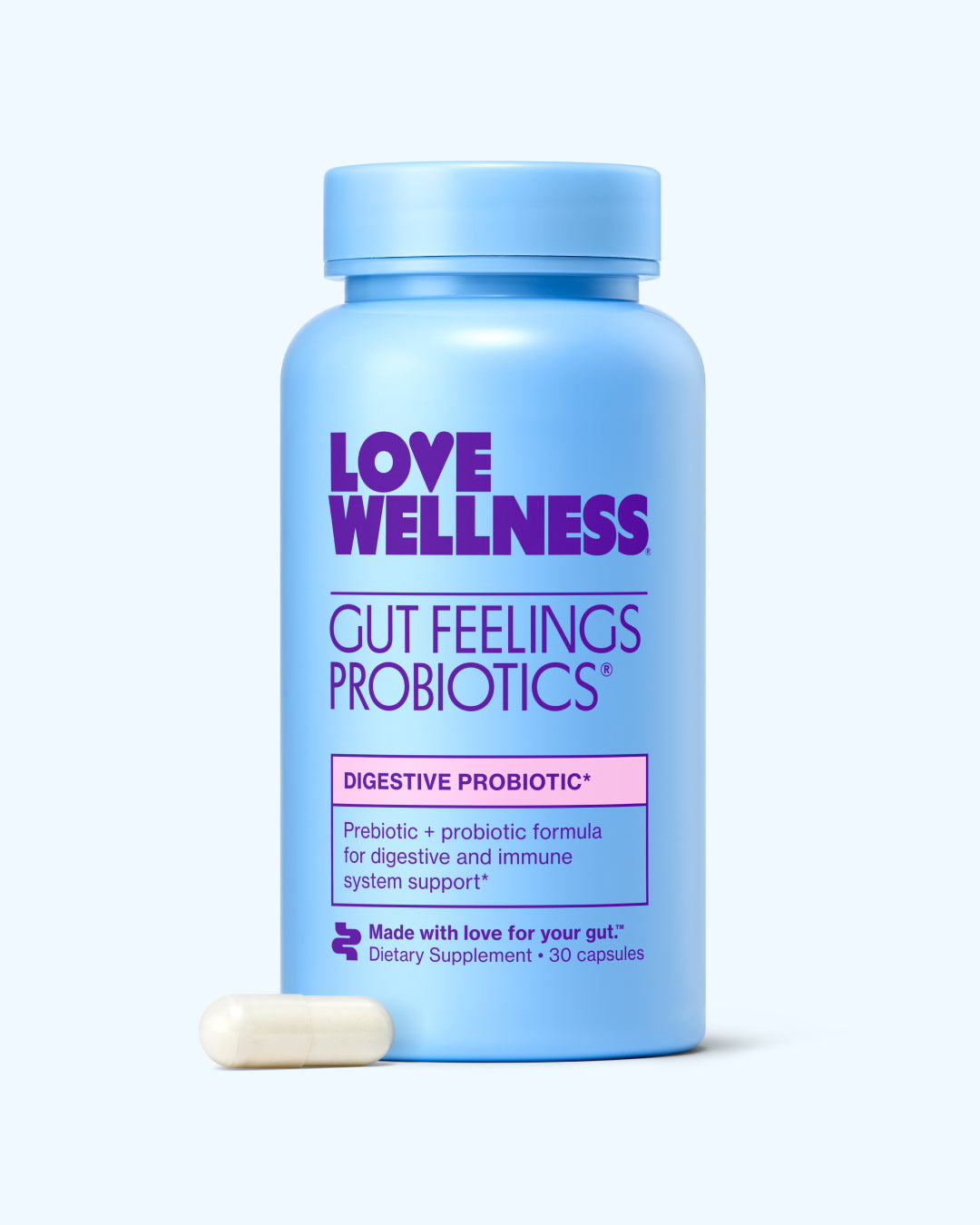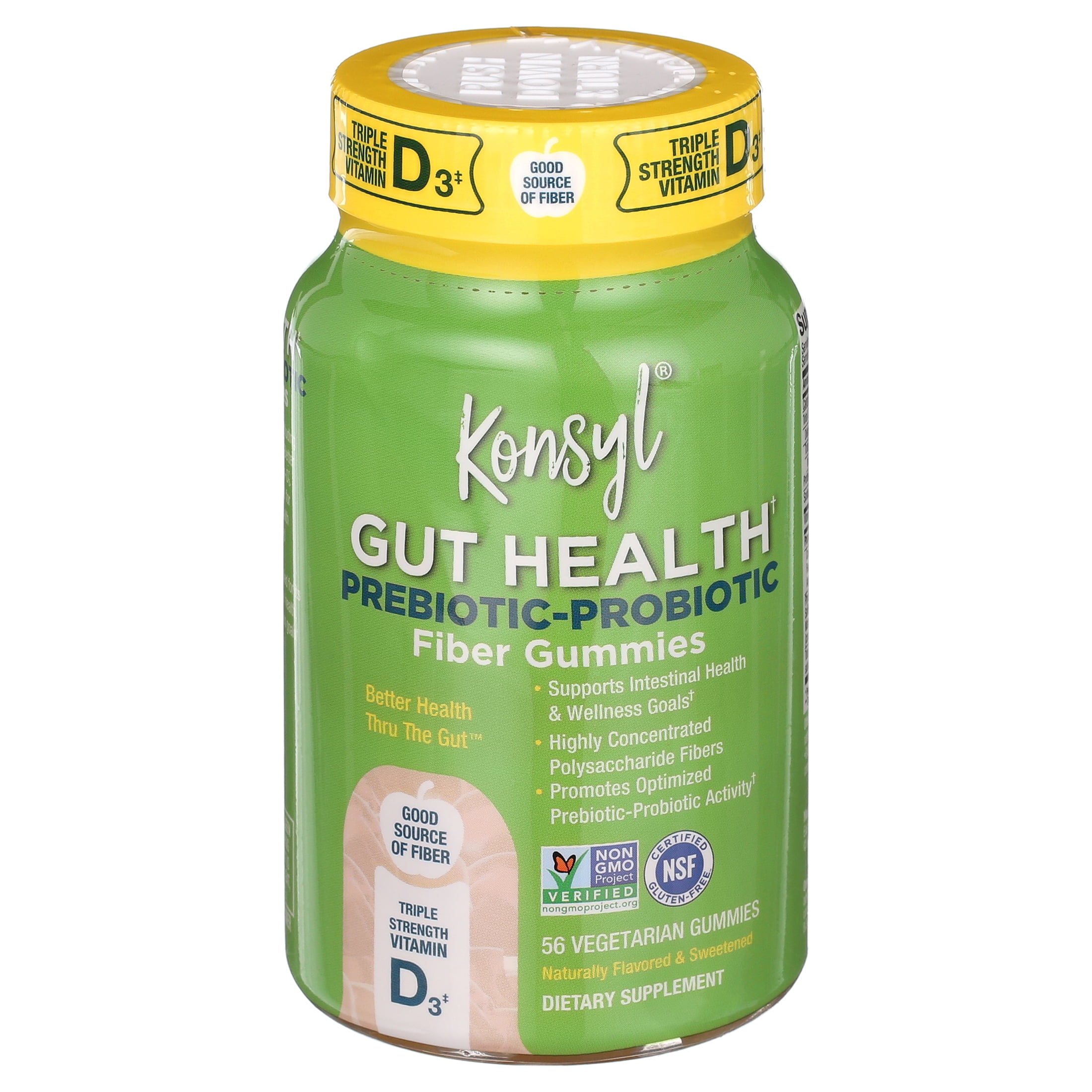How a Gut Health Supplement Can Help Reduce Bloating and Improve Comfort
Discover the Trick to Food Digestion and Resistance With Digestive Tract Health And Wellness Support

Recognizing Gut Health And Wellness
Understanding digestive tract wellness is important for total well-being, as it plays a considerable duty in digestion, resistance, and also mental health and wellness. The intestine, comprising the intestinal system, is accountable for damaging down food, absorbing nutrients, and removing waste. A balanced gut environment makes sure reliable digestion, allowing the body to use nutrients properly.
Moreover, digestive tract health and wellness dramatically impacts the immune system. The digestive tract houses a significant section of the body's immune cells, and a healthy gut can aid ward off microorganisms and minimize swelling. Disturbances in intestine health can lead to an overactive immune reaction, potentially adding to autoimmune conditions and allergies.
Furthermore, the digestive tract is commonly described as the "2nd mind" because of the gut-brain axis, a complicated interaction network linking the brain and the gut. This connection affects state of mind, cognition, and psychological health. Problems such as dysbiosis, defined by a discrepancy in digestive tract bacteria, have been connected with psychological wellness problems, including anxiety and depression.
The Intestine Microbiome Explained

The digestive tract microbiome, a diverse area of microbes living in the gastrointestinal system, plays an essential function in maintaining digestive system health and wellness and general health. Consisting of trillions of germs, infections, fungis, and other germs, this complicated ecosystem help in the digestion of food, the synthesis of essential nutrients, and the law of metabolic processes.
Each person's digestive tract microbiome is unique, affected by elements such as diet regimen, way of living, genes, and environmental direct exposures. A balanced microbiome supports optimal digestion by damaging down complicated carbs, creating short-chain fats, and helping with the absorption of nutrients. Alternatively, a discrepancy, often referred to as dysbiosis, can lead to digestive system conditions, including irritable digestive tract syndrome (IBS) and inflammatory bowel condition (IBD)
Research has actually shown that a diverse microbiome is related to better health and wellness end results, underscoring the value of nutritional choices in nurturing these microbes. Foods rich in fiber, probiotics, and prebiotics, such as fruits, vegetables, and fermented items, can promote a healthy and balanced microbiome. Understanding the digestive tract microbiome is crucial for developing targeted interventions focused on boosting digestive health and wellness and stopping stomach diseases.

Connection In Between Digestion and Immunity
A durable connection exists in between food digestion and immunity, highlighting the critical role of the intestine in maintaining general wellness. The gastrointestinal system is home to trillions of microorganisms that develop the intestine microbiome, which significantly influences both immune feedbacks and gastrointestinal procedures. This facility ecosystem aids in damaging down food, soaking up nutrients, and providing vital metabolites that sustain immune feature.
When digestion is effective, the intestine obstacle continues to be intact, avoiding dangerous virus from entering the bloodstream (gut health supplement). On the other hand, bad food digestion can bring about an inequality in the microbiome, resulting in dysbiosis, which has been linked to various health and wellness problems, including autoimmune illness and inflammatory problems. In addition, approximately 70% of the immune system resides in the gut-associated lymphoid tissue (GALT), which interacts closely with the gut microbiome. This interaction makes certain that the body immune system can properly identify in between dangerous and helpful materials.
Tips for Supporting Gut Health And Wellness
Supporting intestine health is essential for preserving both digestive effectiveness and a well-functioning body immune system. To cultivate ideal intestine health, consider incorporating numerous useful strategies into your day-to-day routine.
First, focus on hydration. Consuming ample water supports food digestion and helps preserve the mucosal cellular lining of the intestinal tracts. Furthermore, normal physical activity can improve intestine motility and advertise a varied microbiome.
Conscious about his eating methods are additionally vital. Eating food thoroughly and eating gradually can assist digestion and prevent over-eating, which might stress the digestive tract. Taking care of stress through methods such as reflection, yoga exercise, or deep-breathing exercises can favorably affect intestine wellness, as stress and anxiety is known to disrupt gastrointestinal processes.
Incorporating prebiotics and probiotics into your regimen is one more efficient method. While certain foods will certainly be reviewed later, understanding the importance of these components is essential. Prebiotics serve as food for useful digestive tract bacteria, while probiotics present real-time valuable microorganisms.
Last but not least, prevent extreme use prescription antibiotics, as they can interfere with the equilibrium of intestine plants. Source By complying with these suggestions, you can considerably contribute to the upkeep of a healthy and balanced gut, which is vital for overall health and vigor.
Foods That Promote Digestive Tract Wellness

Fermented foods, such as yogurt, kimchi, kefir, and sauerkraut, are rich in probiotics, which are useful bacteria that sustain intestine plants and enhance digestion. These foods can help recover equilibrium in the digestive tract, especially after antibiotic use or digestive disruptions.
Along with fermented choices, prebiotic foods, such as garlic, onions, asparagus, and bananas, function as nourishment for these probiotics, advertising their growth and activity. These soluble fibers sustain digestive tract motility and can relieve concerns like irregular bowel movements.
Furthermore, incorporating high-fiber foods, consisting of whole grains, fruits, vegetables, and veggies, is essential for keeping a healthy intestine. Fiber aids in normal defecation and assists prevent digestive system conditions.
Last but not least, omega-3 fatty acids located in fatty fish, flaxseeds, and walnuts have anti-inflammatory residential properties that can even more sustain gut wellness. Emphasizing these foods in your diet plan can lead to a robust digestion system and enhanced immune feature.
Conclusion
In final thought, focusing on digestive tract wellness is important for enhancing food digestion and enhancing resistance. A well balanced gut microbiome, influenced by nutritional choices and way of life aspects, plays a crucial function in check my source nutrient absorption and swelling decrease. Incorporating fermented foods, prebiotics, and high-fiber choices, along with correct hydration and tension administration, can dramatically promote gut wellness. By embracing these approaches, people can support overall health and wellness and vitality, opening the possible advantages of a well-functioning stomach system.
Comprehending digestive tract health is important for general wellness, as it plays a substantial duty in food digestion, resistance, and even mental health. The gut houses a substantial portion of the body's immune cells, and a healthy and balanced intestine can assist fend off microorganisms and decrease inflammation.Additionally, the gut is often referred to as the "2nd mind" due to the gut-brain axis, a complicated communication network connecting the brain and the intestine.A durable link exists between food digestion and immunity, highlighting the essential function of the gut in maintaining total health and wellness.In final thought, prioritizing intestine health and wellness is vital for optimizing food digestion and improving immunity.